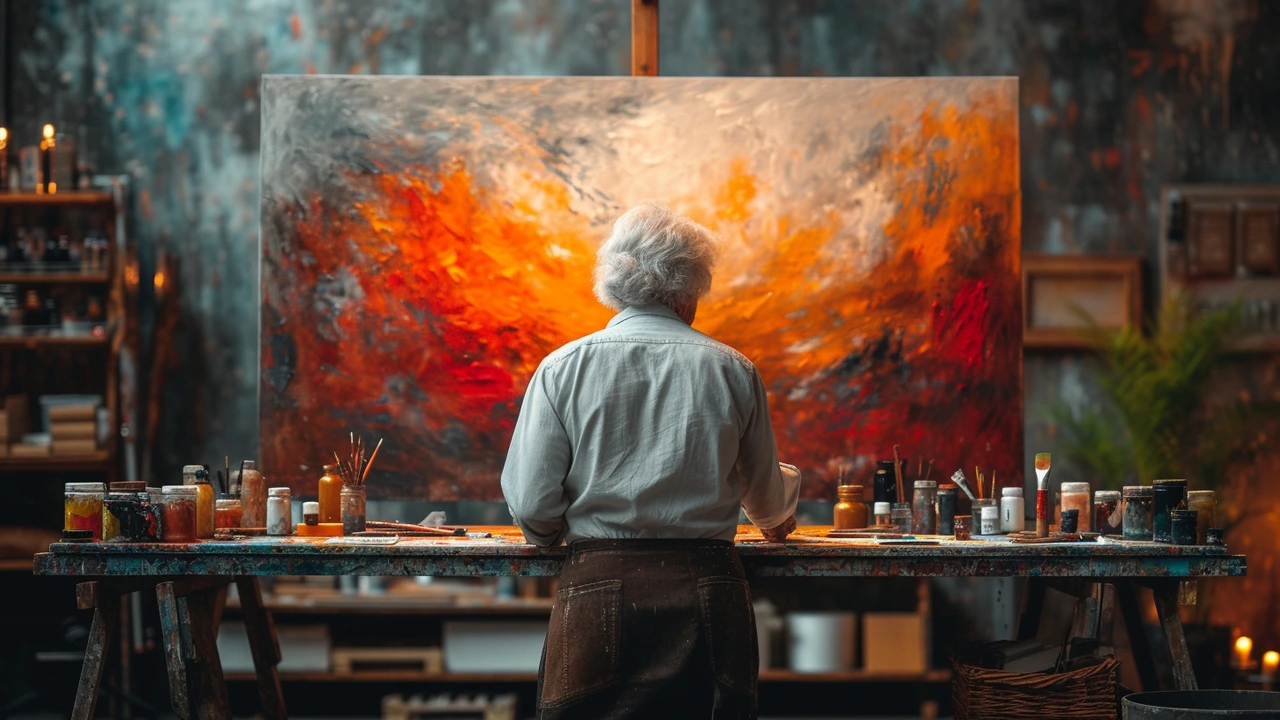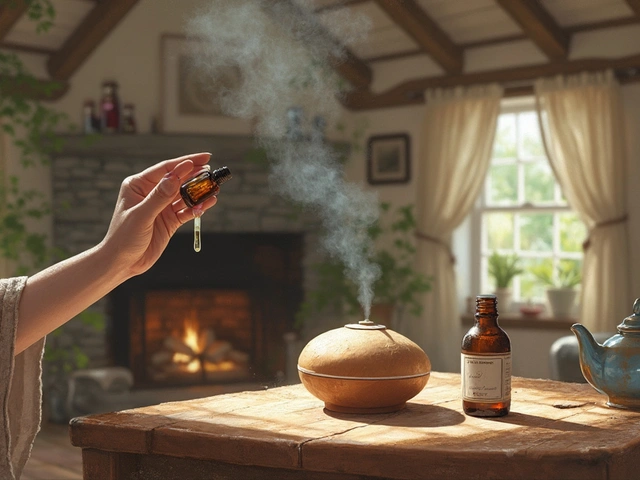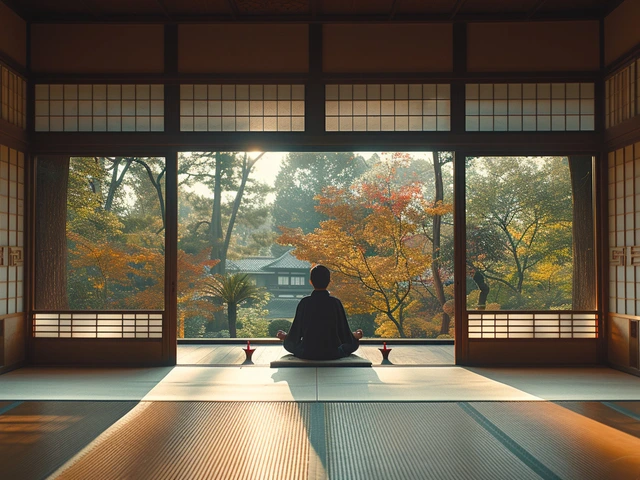Therapeutic Techniques: Practical Tools for Body and Mind
Want relief fast but don’t know where to start? Therapeutic techniques are simple actions you can use today to ease stress, reduce pain, sleep better, and recover faster. These methods work whether you have a sports injury, a rough week, or just need a mental reset.
Quick, Daily Techniques
Start small. Try 3 minutes of box breathing: inhale for 4, hold 4, exhale 4, hold 4. Do this before a meeting or when your heart races. For tense muscles, use progressive muscle relaxation: tense a muscle group for 5 seconds, then release. Work from toes to head and notice the drop in tension.
Mindfulness and gratitude fit into any day. Pause while making coffee and name three things you notice: the warmth, the smell, the sound. Add one short gratitude note—text or a line in your phone. These tiny moves change how your brain handles stress.
Stretching and self-massage help sore muscles. Foam rolling for 5–10 minutes after activity eases tight spots. For neck pain, try gentle side-to-side stretches and use a warm pack for 10 minutes before stretching. If you sit most of the day, stand every 45 minutes and do a 30-second hip opener or chest stretch.
Hands-On & Creative Options
Sports massage and therapeutic bodywork speed recovery when used correctly. Short, regular sessions can reduce soreness and improve range of motion. Tell your therapist about pain patterns and recent injuries so they can tailor pressure and techniques.
Creative arts therapies—art, music, drama—help with emotions that are hard to say out loud. You don’t need to be an artist. Simple activities like doodling for 10 minutes, playing a familiar song, or acting out a worry can shift your mood and help you see problems differently.
Aromatherapy can support pain and relaxation. Lavender for sleep, peppermint for headaches, and eucalyptus for congestion are easy starters. Always dilute essential oils and avoid direct skin contact. If you’re pregnant or have allergies, check with a clinician first.
Combine tools for bigger effects: 5 minutes of breathing, followed by a short stretch and a cup of tea, can be more powerful than any single method. These small routines build resilience over time.
When to see a pro? If pain limits daily life, sleep won’t improve, or anxiety feels constant, book a therapist. Look for licensed practitioners with clear specialties: a sports massage therapist experienced with your sport, a licensed creative arts therapist for trauma, or a clinical psychologist for severe anxiety.
Practical rule: try a method for two weeks before judging it. Track one simple metric—sleep hours, pain level, mood score—and you'll know what’s working. Use tools you enjoy; consistency beats intensity. Little, steady practices add up to real change.
How Creative Arts Therapies Can Improve Mental Health
Hi there, I'm sharing my latest findings on how creative arts therapies can significantly improve mental health. It's fascinating to see how the power of art can help us express our feelings and emotions, often unveiling deep-seated issues. Through painting, drama, music, and dance, we can connect on a human level and promote healing, making them beneficial therapeutic techniques. Join me in exploring this fascinating topic further, after all, mental health is central to our overall well-being.
View More





